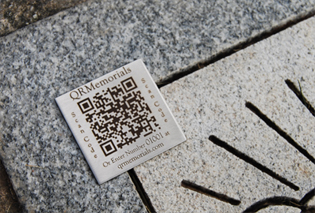If you live in Indiana, Iowa, Kentucky, Maryland, Nebraska, New Jersey or Pennsylvania beware. These states tax your inheritance, no matter what the amount is.
Barry and Susan Brown of Philadelphia, PA learned this the hard way. Because they were getting older, they decided to add their son’s name to their bank accounts. They decided this would be the easiest way to enable him to access their funds in case of a health emergency.
Unfortunately, their son died before they did. Shortly thereafter, they received a tax bill for several thousand dollars. Why? Under Pennsylvania law, one third of the money in their accounts was considered to be their son’s. Since, according to the law, they had inherited it, they owed 4.5 percent as tax. Their son had none of his own money in the accounts, but that didn’t matter. They had to pay the tax.
This problem could have very easily been avoided. Instead of putting their son’s name on their bank accounts, they should have prepared a financial power of attorney document. In this document, they could have given their son the right to access their money and make financial decisions on their behalf when they were unable to do so. This method would have allowed them to keep all of their money instead of giving some of it away to the government needlessly.
For helpful information about how to plan for incapacity and death, go to www.diesmart.com.

